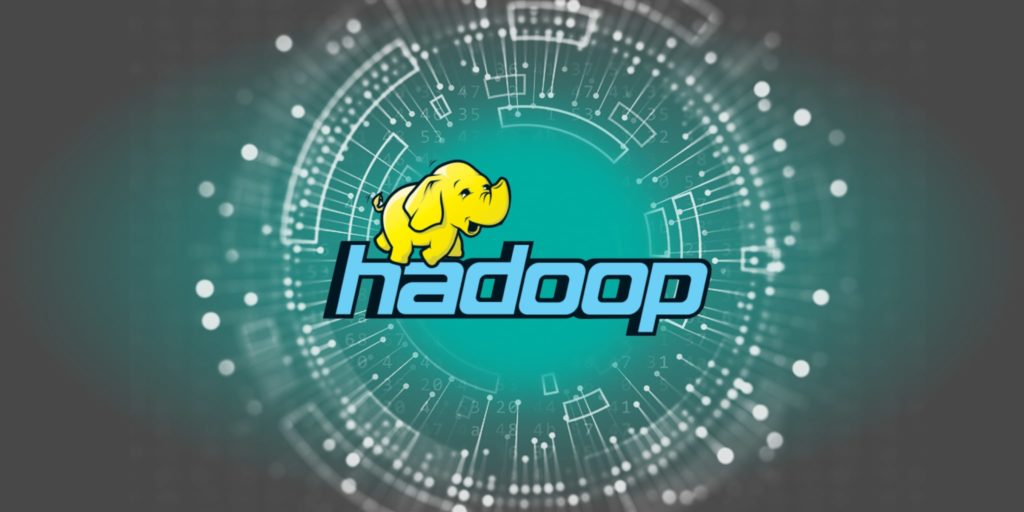Companies are leveraging the massive data at their disposal to offer better customer services, targeted marketing campaigns, cost reduction, identify new opportunities, and efficiency of existing processes to increase revenue and profits. They are using technology to harness this Big Data for analytics and strategic data-driven decisions. Recently we have witnessed several frameworks that help enterprise storage and processing of Big Data.
Apache Hadoop is one such platform deployed by companies handling Big Data. Learning Hadoop is an asset for any programmer, developer or Data professional who wants to walk the path of transformative technology shaping the future of enterprise data.
Learning Hadoop is useful when applying for a job role that utilizes Big Data. For instance, Big data Analyst, Big Data software engineer, Big Data Architect, BI Specialist, Data Scientist, Hadoop Developer, Hadoop Tester, Hadoop Architect, Hadoop Administrator, etc. Any graduate or post-graduate student, IT professional, working manager, data analyst, or software engineer can learn Hadoop.
So what are you waiting for? Take this Hadoop introductory course, offered to you free of cost, and learn the most happening Big Data tool to carve a future in a large organisation.
Why learn Hadoop?
Apache Hadoop is one such open-source technology platform that allows the storage and processing of Big Data in a distributed computing environment of cluster servers, making it easier for rapid data transfer. As it offers a cost-effective and scalable solution for access to new data sources and storage, companies are deploying Hadoop for their Big Data analytics requirements. Besides, many cloud providers are providing support for Hadoop clusters which is further boosting its popularity.
With Hadoop becoming the de facto Big Data framework for enterprise use, the demand for Hadoop skills is very high. However, the talent pool is low. The gap between demand and supply of Hadoop skills is a reason why IT professionals with Hadoop skills are getting higher salaries.
As the Big Data market continues to grow at a CAGR of 14% and the Hadoop market size expands at a steep CAGR of 35.5%, the demand for Hadoop professionals will increase phenomenally.
How long does it take to learn Hadoop?
With the prerequisites, you can learn Hadoop from scratch. The self-learning path is longer and can take 4-6 months. But if you opt for a formal certification from a reputed institute, you can make your learning curve shorter and smoother.
What are the prerequisites for learning Hadoop?
Learning Hadoop sets you off along the path to mastering Big Data technologies as Hadoop is the doorway to the Big Data ecosystem. Anybody can aspire to learn and master Hadoop. All you require is basic programming knowledge and hands-on enterprise experience working with Big Data.
However, if you do not know to program or have a working knowledge of the technical skills listed below, you can take the help of courses, online tutorials, and books.
So where do you begin? What are the prerequisite skills and knowledge base that you must have to learn Hadoop?
Here are some prerequisites that can kickstart your Hadoop learning curve.
Knowledge of Java
Hadoop has several tools and applications such as Pig and Hive built on top of the framework. These require knowledge of languages to access and process the data stored in the Hadoop clusters. For instance, HiveQL is required for Hive.
Hadoop is implemented using Java, but you do not require Java to work on Hadoop. You can code on MapReduce or use Pig and Hive for the same functionalities.
However, to get your hands on Hadoop a working knowledge of Java is a prerequisite. It helps you work on complex processing using advanced features that work only on Java API and also shortens your Hadoop learning path.
Knowledge of Linux
Although Hadoop can run on Windows, it is set up in a Linux-based OS with a Ubuntu server distribution. So Hadoop learners must know some basic Linux commands to set up Hadoop and manage files on Hadoop Distributed File System (HDFS) clusters, configure Hadoop cluster or single node machine, and know the various Linux commands and editors.
Knowledge of SQL
Similar to other Big Data frameworks, Hadoop offers a SQL-like interface. SQL type syntax can be used on top of Hive as the Hive query language is like ANSI SQL. Many commands in Hadoop tools are similar to SQL, and knowledge of SQL makes it easy to discover the intricacies of the Hadoop platform.
The key software packages utilized with the Hadoop framework allow SQL-like queries for querying the data from HDFS. So knowledge of SQL queries and commands is necessary to handle and process the databases in Hadoop.
Hadoop is all about handling and processing data. Hence, knowledge of SQL query and commands are a must to learn Apache Hadoop.
Programming Skills
Experience working with any programming language is necessary for Hadoop programming. Different Big Data job roles call for different programming skills. So depending upon your job role, you are required to know programming languages like Python and Scala to code.
However, presently Hadoop supports Hadoop Streaming which allows any programming, making it easier for newbies.
Understanding of Big Data
The learner must have a good understanding of Big Data and data architecture to know the workings of the HDFS storage system. It helps to understand the processing of the Hadoop framework. And how large and complex amounts of structured and unstructured data sets are analyzed using data processing applications and tools.
Conclusion
Hadoop may be Java-encoded but does not require much coding. The components of Hadoop, such as Pig and Hive, allow you to work on the framework. Programming skills or knowledge of Java, SQL, and Linux OS are a bonus during your Hadoop learning path.
All you need to do is register for a Hadoop certification course that teaches you all the techniques and tools for learning the Hadoop ecosystem.
READ ALSO : M-Tech Degree In Data Science



